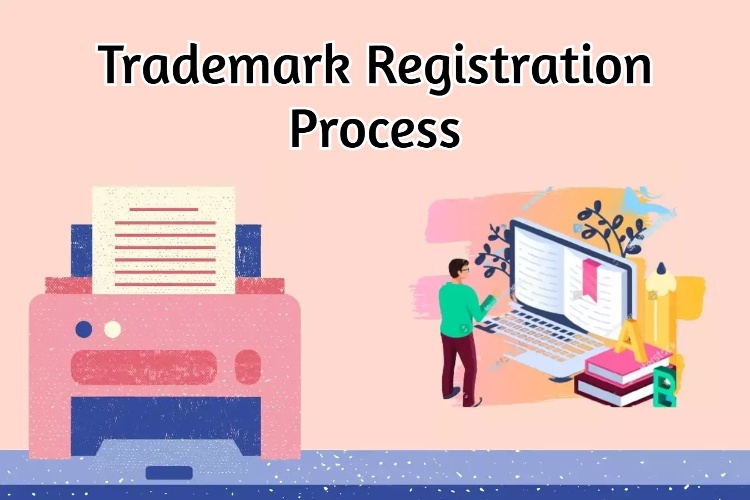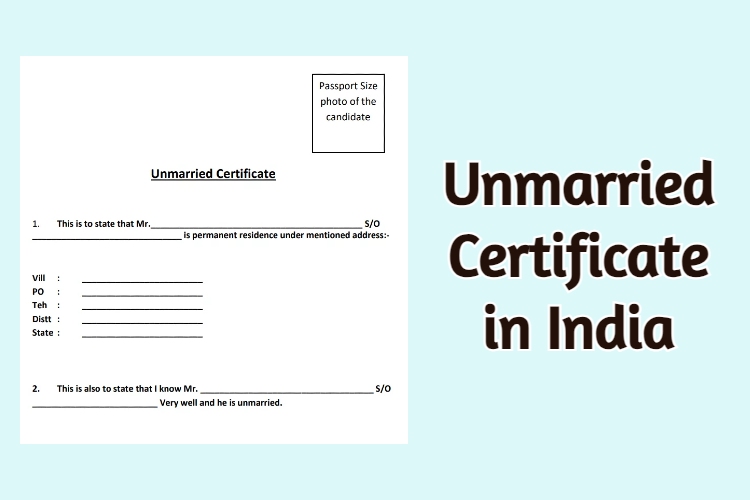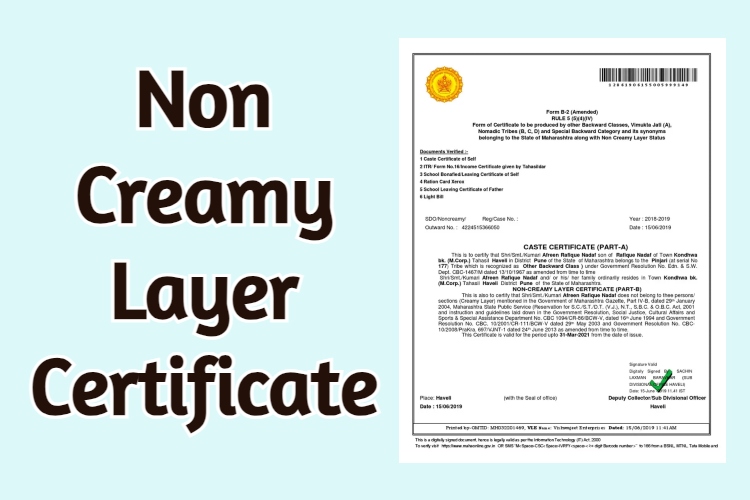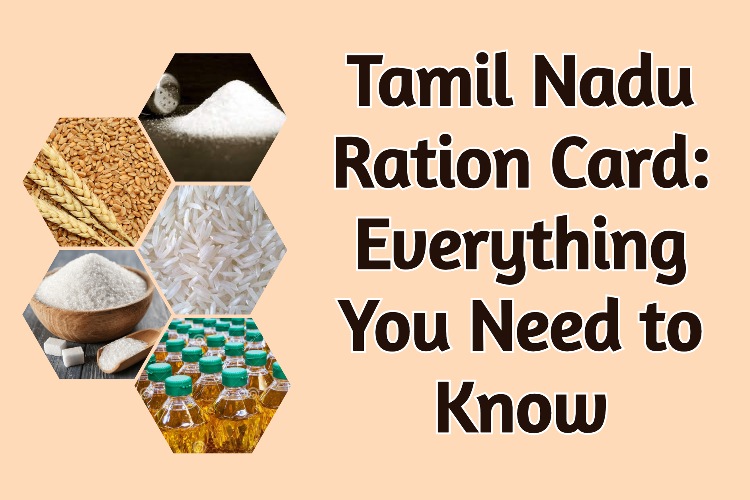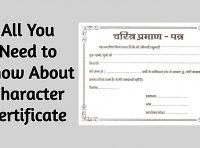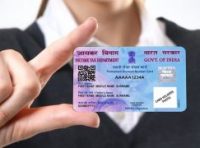If you want to protect your brand and establish a strong presence, trademark registration certificate in India is crucial. In this article, we’ll guide you through the online trademark registration process to protect your business identity legally.
A trademark is a distinctive sign that identifies the goods or services of a particular business. It can be a word, phrase, logo, symbol, or even a combination of these elements. The Trademark Act, 1999 registers trade marks, protect them for goods and services, and prevent their unauthorized use. It aims to make it easier for consumers to identify products from a specific source and to tackle trademark fraud.
Procedure for Registration of Trademark:
The procedure for registration of a trademark in India can be complex. However, the basic steps are as follows:
- Register on the official Trademark Portal using a digital signature or User ID and Password. A class 3 digital signature is needed for the e-filling of the trademark.

- File an application with the Trademark Registry. For the domestic application filing, use the “new applications” link, and for the Madrid Trademark, use IAOI (International Applications Originating from India).
- You will be redirected to fill out the application form.
- Fill in all the necessary details and submit the application.
- A temporary application number will be provided to you.
- Sign the application with a digital signature.
- Pay the application fee. You will be given a permanent application post submission.
- Respond to any objections from the Trademark Registry.
- Wait for the trademark to be registered.
The entire process can take several months or even years. However, once a trademark is registered, it is valid for 10 years.
What Can be Trademarked?
In India, trademarks can be registered for a wide range of goods and services. Some of the most common types of trademarks include:
- Product names: The name of a particular product can be registered as a trademark. For example, the name “Ipod” is a trademark of Apple.
- Business names: The name of a business can also be registered as a trademark. For example, the name “Bajaj” is a trademark of the Bajaj Group.
- Person’s names: In some cases, a person’s name can be registered as a trademark. For example, the name “Shah Rukh Khan” is a trademark of the actor Shah Rukh Khan.
- Abbreviations: Abbreviations of a company or brand name can also be registered as a trademark. For example, the abbreviation “BMW” is a trademark of the BMW Group.
- Logos and symbols: Logos and symbols are a very effective way to identify a brand. They can be registered as trademarks in India. For example, the “swoosh” logo of Nike is a registered trademark.
- Taglines: Taglines are short phrases that can be used to summarise a brand’s message. They can also be registered as trademarks in India. For example, the tagline “It’s finger lickin’ good” is a registered trademark of KFC.
- Colour marks: In some cases, a particular colour or combination of colours can be registered as a trademark. For example, the colour “royal blue” is a registered trademark of Cadbury.
- Sound marks: Musical notes or sounds can be registered as trademarks in India if they are distinctive. For example, the Nokia tune is a registered sound mark.
- Scent marks: Even scents can be registered as trademarks in India.
Factors to Consider Before Registering a Trademark:
If you are considering registering a trademark in India, there are several factors to consider. These factors include:
- Trademark Search: There are different types of trademarks, and each type has its own requirements. Choose your desired unique trademark which does not already exist in the trademark registry. You can find online the details of already existing trademarks.
- The goods or services you want to use the mark for: You can only register a trademark for the goods or services that you actually use it for. For example, if you use a logo for your clothing line, you cannot register it for your food line.
- Cost of Registration: The cost of registering a trademark in India varies depending on the type of mark and the goods or services you want to use it for and the class of trademark your product falls in.
If you are considering registering a trademark in India, it is advisable to consult with an experienced trademark lawyer to help you through the process.
Benefits of Trademark Registration:
There are a number of benefits to registering a trademark in India. These benefits include:
- Exclusive use of the mark:
After a trademark is registered in India, the owner has the sole right to use that trademark. This means that no other business can use the mark without the permission of the owner.
- Prevention of infringement and legal protection:
Trademark registration can help to prevent other businesses from using the mark in a way that infringes on the owner’s rights. So, trademark owners have the right to take legal action against anyone who uses their trademark without permission.
- Enhanced brand recognition:
Trademark registration can help to enhance brand recognition. When customers see a registered trademark, they are more likely to be familiar with the brand and its products or services.
- Increased marketability:
Trademark registration can make a business more marketable to potential investors or buyers.
Documents Required for Trademark Registration:
- PAN Card
- Aadhaar Card
- PartnerShip deed of the firm if the firm is under a partnership
- Incorporation certificate if a company or a LLP is filing for the registration.
- Form TM-48 duly signed by the signatories. Form TM-48 is a form that allows your attorney to submit the trademark on your behalf.
- A coloured digital copy of your company logo for uploading. Make sure it’s not black and white.
Trademark Registration Fees:
The govt fees for trademark registration in India is Rs. 9000 per application per class if you are a firm. On the other hand, the government charges Rs. 4500 for registration fees if you have an MSME registration.
Eligibility Criteria to Register for Trademark:
Trademark registration is a process of protecting unique brands, slogans, or invented terms. Individuals, corporations, and non-profit organisations can all file for trademark registration in India. However, each class of person or entity has its own set of requirements when it comes to filing a trademark application.
Eligible entities for trademark registration in India
- Individuals: Individuals can apply for trademark registration, even if they are not currently doing any business.
- Joint owners: Joint owners of a company can also apply for trademark registration. Both owners’ names must be mentioned in the application.
- Proprietorship firms: Proprietorship firms can apply for trademark registration under the proprietor’s name. The business name cannot be used for trademark registration.
- Partnership firms: Partnership firms can apply for trademark registration under the names of all the partners. A maximum of 10 partners can be included in the application. If a minor partner is present, the name of the minor’s guardian must also be mentioned.
- Limited liability partnerships (LLPs): LLPs must apply for trademark registration in the name of the LLP. The partners cannot be the applicant as the trademark belongs to the LLP.
- Indian companies: Indian companies must apply for trademark registration in the name of the company. The company’s directors cannot be the applicant.
- Foreign companies: Foreign companies can apply for trademark registration in India. The application must be made in the name of the company as it is registered in a foreign country. The nature of the registration, the country, and the law should all be mentioned in the application.
- Trusts and Societies: Trusts and societies can apply for trademark registration in the name of the managing trustee, chairman, or secretary who is representing the trust or society.
Validity of a Trademark Registration:
A Trademark is valid indefinitely. However, a trademark registration in India can be renewed after a period of 10 years.
Frequently Asked Questions
1. What is a Trademark Class?
Ans: The NICE Classification is a global system that categorises goods and services for trademark registration. India adheres to this system for its trademark classes. There are 45 classes in this system; the first 34 classes cover goods and the remaining classes, i.e. 35 to 45, cover services. These classes are the only ones under which a trademark can be registered.
2. What is the Validity of a Trademark?
Ans: One can renew a registered trademark for another ten years by paying the renewal fees, and it lasts for ten years initially.
3. Where do I Check the Availability of the Trademark I need?
Ans: To avoid infringing on existing trademarks, you should check if the trademark you want is already registered or not. You can use free online tools for trademark search, such as ipindia website.
4. Is an Indian Trademark valid in a different country?
Ans: A trademark registered in India is only valid in India. However, you can register for a trademark through Madrid Protocol if you want an international registered trademark.
5. How long does it take to get a trademark registration?
Ans: The process of applying for a trademark with the trademark registry is quick and can be done within 1 – 3 days. However, the registry has to go through several steps and formalities before granting the registration for the trademark, which can take anywhere from 6 to 24 months.

